Framework Learning

How does a knowledge framework aid in learning and understanding complex topics ?
The text discusses the importance and benefits of using a knowledge framework to aid in learning and understanding complex topics. A knowledge framework is an organized structure that helps to categorize, relate, and prioritize information, serving as a mental model or conceptual map that guides the learning process. The importance of a knowledge framework includes facilitating organization, enhancing comprehension, promoting deeper analysis, and supporting critical thinking. The benefits of using a knowledge framework include simplifying information overload, building stronger associations, enabling better recall and application, improving memory retention, and facilitating application. The text also discusses the application of a knowledge framework in education and training, research and analysis, and professional settings. Overall, the development and utilization of a knowledge framework is crucial for anyone aiming to master challenging subjects and apply that knowledge effectively.
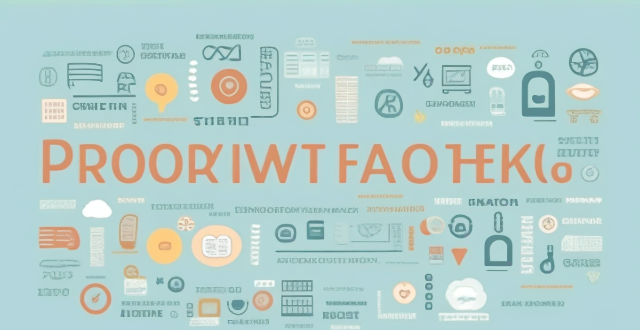
What are the key steps to constructing an effective knowledge framework ?
The text provides a structured approach to constructing an effective knowledge framework, which is essential for efficient learning, understanding, and application of knowledge. The key steps include identifying the core concepts, categorizing information, establishing connections, integrating new information, evaluating and refining the framework, and practicing application. It emphasizes that constructing a knowledge framework is an ongoing process that requires regular updates and refinements as one continues to learn and grow.

How do I integrate new information into my existing knowledge framework ?
Integrating new information into your existing knowledge framework is a crucial skill for learning and personal growth. Here are some steps you can follow to effectively incorporate new knowledge into what you already know: ## Identify Relevant Information 1. **Scan** the new information quickly to get an overview. 2. **Identify** key concepts, theories, or facts that relate to your current knowledge. 3. **Filter out** any irrelevant or redundant information. ## Connect with Existing Knowledge 1. **Activate** your prior knowledge by recalling similar concepts or experiences. 2. **Make connections** between the new information and what you already know. 3. **Create analogies** or metaphors to help relate the new information to familiar ideas. ## Evaluate and Organize Information 1. **Assess** the validity and reliability of the new information. 2. **Organize** the information in a way that makes sense within your existing framework. 3. **Categorize** the new knowledge based on its relevance and importance. ## Reflect and Consolidate 1. **Reflect** on how the new information affects your understanding or perspective. 2. **Consolidate** the new knowledge by summarizing it in your own words. 3. **Reinforce** the integration by explaining it to someone else or applying it in practice. ## Update Your Knowledge Framework 1. **Modify** your existing framework to accommodate the new information. 2. **Expand** your knowledge base by adding new categories or subtopics if necessary. 3. **Re-evaluate** the relationships between different pieces of knowledge within your framework. ## Practice and Apply 1. **Apply** the new knowledge in real-world situations to deepen your understanding. 2. **Practice** recalling and using the new information regularly. 3. **Seek feedback** from others to validate and refine your understanding further. By following these steps, you can effectively integrate new information into your existing knowledge framework, fostering continuous learning and intellectual growth.
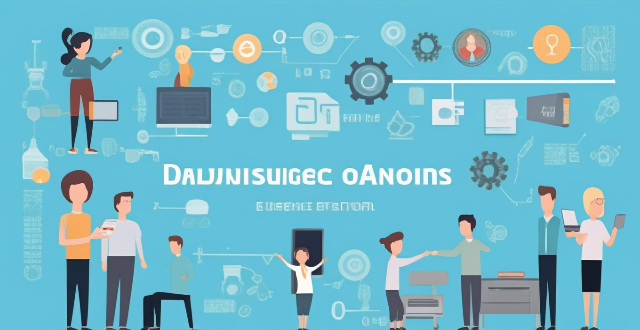
What challenges might I face when constructing a knowledge framework, and how can I overcome them ?
The text discusses the challenges in constructing a knowledge framework and provides solutions to these challenges. The challenges include identifying relevant information, structuring the framework, technical limitations, human factors, and maintenance and updates. The solutions suggested are using reliable sources, implementing filtering techniques, consulting with experts, using an iterative approach, visual mapping, modular design, custom development, flexible design, peer review, user testing, feedback loops, automated systems, dedicated teams, and regular reviews. By anticipating potential challenges and implementing appropriate solutions, you can create a robust and effective knowledge framework that supports learning, decision-making, and innovation within your domain.

How can technology be used to enhance the development of a knowledge framework ?
The text discusses the various ways in which technology enhances knowledge framework development. It mentions that technology provides access to information, enables interactive learning, fosters collaboration and networking, offers customization and personalization, provides data analytics and assessment, automates routine tasks, and supports lifelong learning. The text concludes by emphasizing the importance of integrating technology into educational systems while also maintaining a balance with traditional teaching methods.
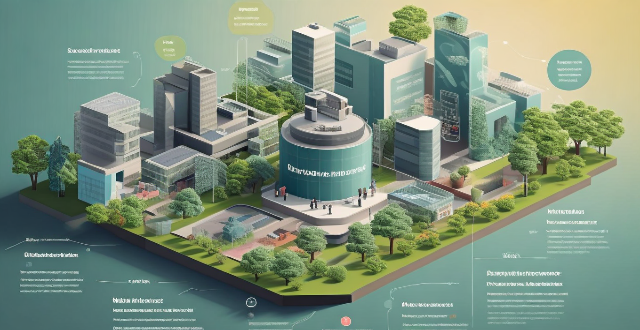
What are the benefits of having a well-structured knowledge framework ?
A well-structured knowledge framework offers benefits such as improved learning efficiency, enhanced understanding, increased application capabilities, and improved communication skills. By organizing information systematically, individuals can maximize their potential for success in various aspects of life.

How does educational psychology impact student learning ?
Educational psychology plays a crucial role in understanding and enhancing student learning. It helps educators understand cognitive development, enhance motivation and engagement, promote social-emotional learning, address diverse learning needs, and evaluate teaching strategies and interventions. By incorporating insights from educational psychology into their practice, teachers can create a more effective and supportive learning environment for all students.

How can I build a strong knowledge framework in my field of study ?
To build a strong knowledge framework in your field of study, follow these steps: define your goals, conduct research, build a foundational understanding, connect ideas and concepts, apply your knowledge, and continuously learn. By doing so, you'll be able to think critically, solve complex problems, and contribute to the advancement of your field.
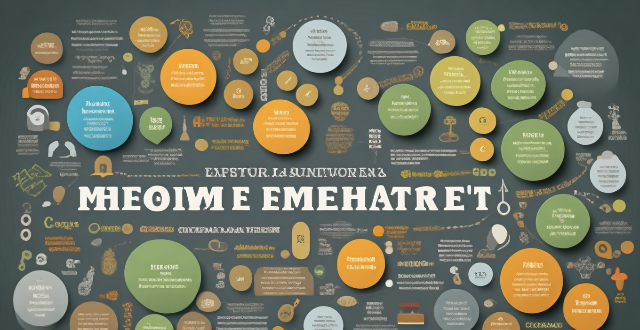
How often should I review and update my knowledge framework to ensure it remains relevant and accurate ?
To ensure your knowledge framework remains relevant and accurate, review and update it regularly. The frequency depends on factors like the rate of change in your field, learning goals, and the amount of new information encountered. General guidelines include weekly reviews, monthly updates, quarterly assessments, and annual overhauls. Tips for effective review and update include setting aside dedicated time, being open to change, using organizational tools, and seeking feedback.
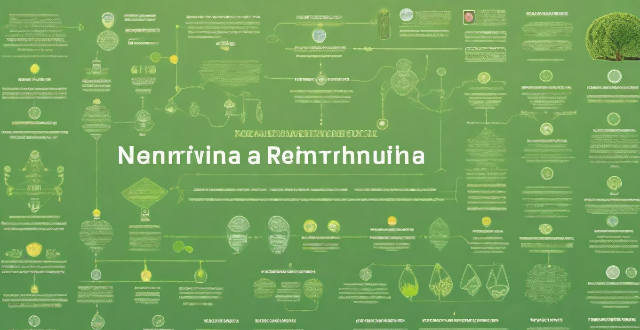
Can you provide examples of successful knowledge frameworks in various disciplines ?
Knowledge frameworks are structured approaches to organizing information within a field of study or practice. Successful examples include the human body systems in medicine, the OSI model in computer science, the language acquisition framework in linguistics, SWOT analysis in business, the ecosystem services framework in environmental science, and Bloom's Taxonomy in education. These frameworks facilitate specialized knowledge, standardize protocol development, guide teaching methods, support decision-making processes, highlight interdependence between natural systems and human well-being, and promote higher-order thinking skills.
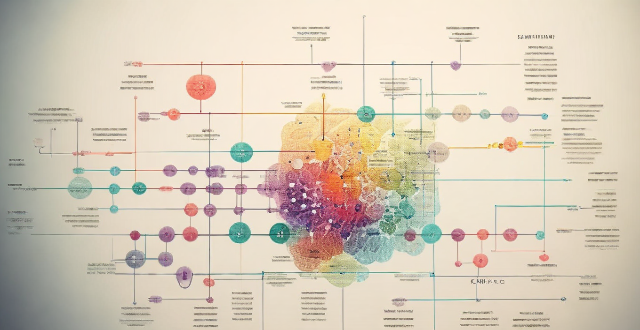
What are some effective strategies for lifelong learning ?
Lifelong learning is crucial for personal growth and adaptability. Effective strategies include setting clear goals, creating a learning plan, leveraging technology, practicing active learning, seeking mentorship, and embracing failure for continuous improvement.
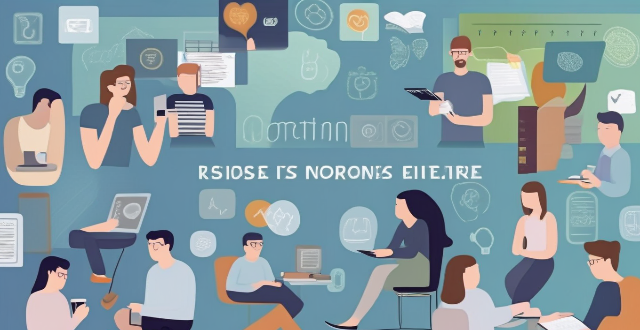
Can you recommend any good online learning resources for language learning ?
Here are some good online learning resources for language learning: Duolingo, Rosetta Stone, Memrise, Babbel, italki, Lingoda, Busuu, Coursera, Edx, and FluentU. These platforms offer courses in various languages and use different approaches to teaching, such as interactive lessons, immersive experiences, flashcards, conversation skills, one-on-one tutoring, and real-world videos.
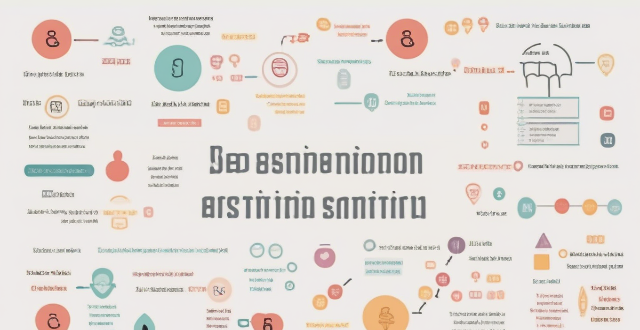
How can I develop a habit of lifelong learning ?
Lifelong learning is crucial for staying relevant and competitive. To develop this habit, set clear goals, create a learning plan, make learning part of your daily routine, embrace challenges, stay curious, connect with others, reflect on your journey, and continuously update your skills.
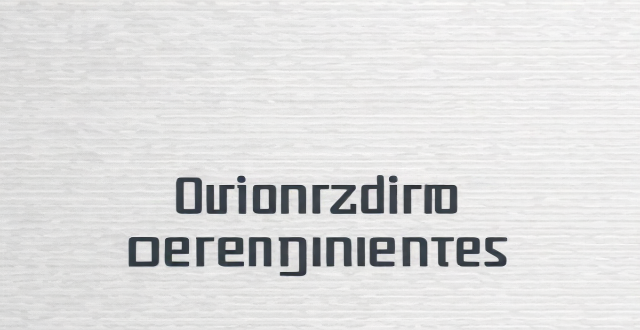
What are the best online learning resources for beginners ?
The text provides a list of online learning resources for beginners, including Khan Academy, Coursera, edX, Udemy, Codecademy, Duolingo, Skillshare, and LinkedIn Learning. Each resource offers courses in various subjects, from computer science to language learning, and many are free or have affordable options available.

How can employers encourage and support lifelong learning among employees ?
Employers can support lifelong learning by offering resources, encouraging participation in training programs, providing opportunities for career development, and creating a collaborative learning environment.
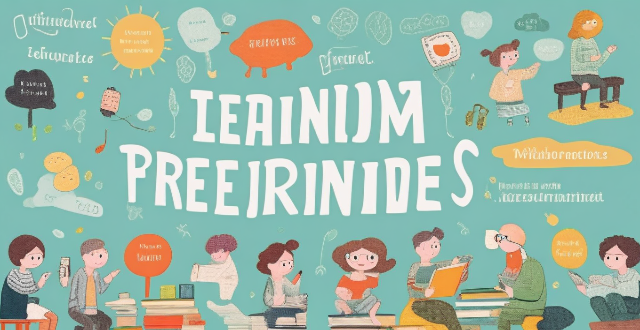
Are there any good online learning resources for language learning ?
Good online learning resources for language learning include Duolingo, Memrise, Rosetta Stone, Babbel, and Busuu. Each platform has its unique features and strengths, such as interactive lessons, memory techniques, immersive experiences, conversational focus, and community support. These resources can help learners achieve fluency in their target language by providing engaging and effective ways to learn vocabulary, grammar, pronunciation, and cultural insights.
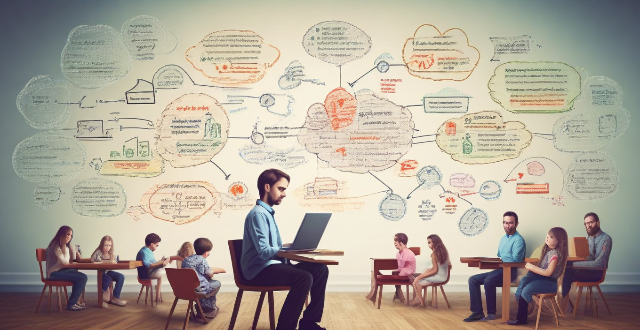
What are some benefits of using online learning resources compared to traditional classroom learning ?
Online learning resources offer advantages over traditional classroom learning, including flexibility and convenience, cost savings, personalized learning experiences, exposure to diverse cultures, and development of technology skills.

What are the ethical considerations of space exploration and colonization ?
The article discusses the ethical considerations of space exploration and colonization, emphasizing the importance of balancing potential benefits with risks, considering environmental impact, addressing interplanetary diplomacy, and developing a comprehensive legal and regulatory framework. It highlights the need for a strong ethical framework to ensure responsible and sustainable pursuit of space endeavors.
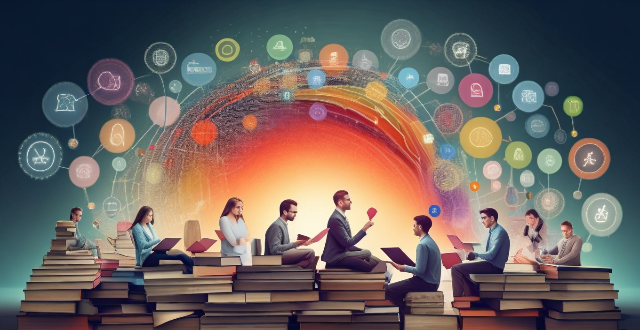
What is lifelong learning and why is it important ?
Lifelong learning is the continuous process of acquiring new knowledge, skills, and attitudes throughout one's life. It is important for personal development, professional growth, social contribution, economic benefits, health and well-being, and global citizenship. To embrace lifelong learning, individuals can set learning goals, create a learning plan, seek out opportunities, stay curious, reflect on their learning, and share their knowledge with others.
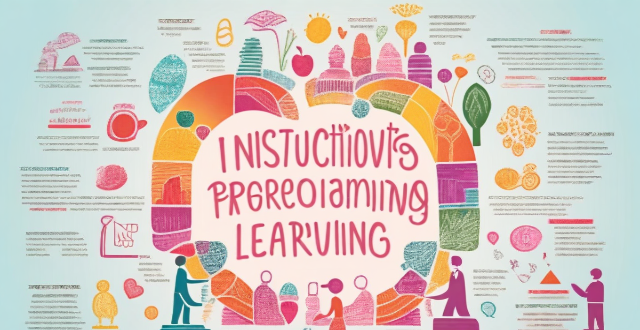
What role do educational institutions play in promoting lifelong learning ?
Educational institutions promote lifelong learning by encouraging a love for learning, providing access to educational resources, offering continuing education opportunities, and fostering collaboration and partnerships.

How do I start learning golf ?
Golf is a popular sport that can be enjoyed by people of all ages and skill levels. If you're interested in learning how to play golf, here are some steps to help you get started: 1. Understand the basics of golf, including the rules and etiquette. 2. Choose the right equipment, such as a set of beginner-friendly clubs. 3. Take lessons with a PGA professional for personalized instruction. 4. Practice regularly at a driving range, putting green, or chipping area. 5. Play on an actual golf course once you've gained confidence from practicing. 6. Join a golf community to enhance your learning experience and meet other players. 7. Stay patient and have fun while enjoying the process of learning and playing golf.
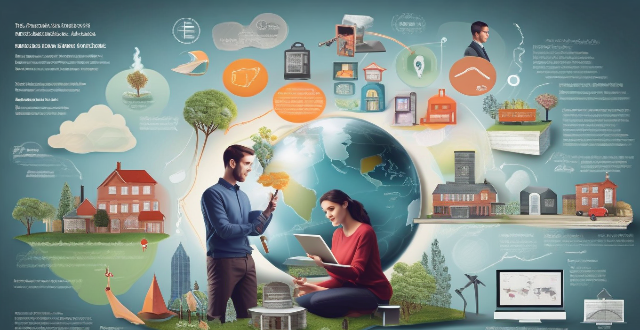
How does technology facilitate lifelong learning ?
Technology has revolutionized education, making it more accessible, interactive, and personalized. It facilitates lifelong learning through online resources, digital libraries, simulation software, gamification, adaptive platforms, mobile learning, social media groups, online workshops, instant feedback, cost efficiency, and globalization of education. Technology offers a wealth of benefits for learners of all ages and backgrounds.
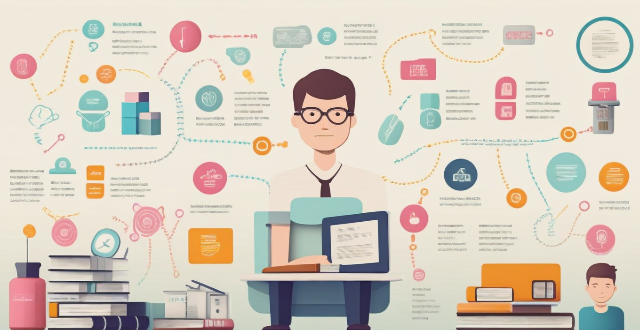
What are the benefits of using a remote education platform for learning ?
Using a remote education platform for learning offers numerous benefits that enhance the overall learning experience, including flexibility and convenience, personalized learning, collaboration opportunities, cost savings, access to quality education, improved learning outcomes, and environmental sustainability.
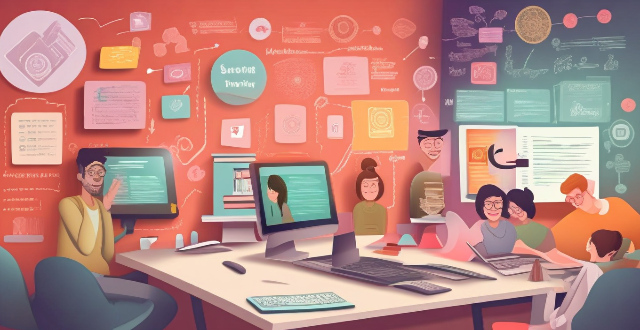
How does personalized learning through adaptive software benefit students ?
Adaptive software in education offers personalized learning experiences, enhancing student engagement, academic performance, and key skill development. It supports inclusive education, prepares students for future challenges, and makes learning more efficient and effective.

How does lifelong learning impact career development ?
Lifelong learning is a continuous process of acquiring new knowledge and skills that can significantly impact career development. It enhances skills, adaptability, creativity, personal growth, networking opportunities, and career longevity. By engaging in lifelong learning, individuals can stay relevant in their professions, adapt to changing job requirements, and increase their chances of career success.
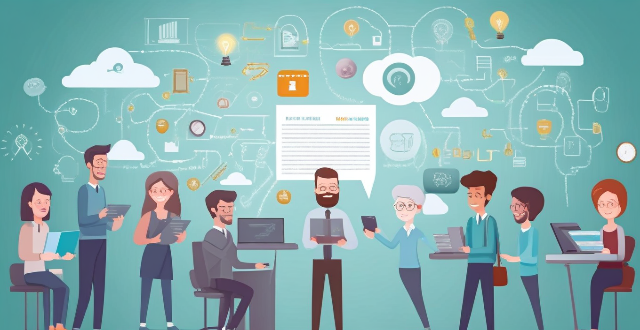
How do online learning platforms enhance student engagement and performance ?
The article discusses how online learning platforms enhance student engagement and performance. It mentions personalized learning experiences, interactive content and multimedia, collaboration and communication tools, gamification and rewards, flexibility and convenience, and immediate feedback and support as key features of these platforms that contribute to improved student outcomes.
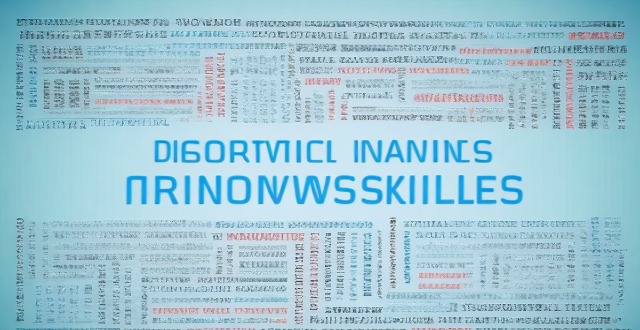
What role does critical thinking play in building a knowledge framework ?
This text discusses the importance of critical thinking skills in building a knowledge framework. It outlines four key aspects of critical thinking: identifying assumptions, evaluating evidence, analyzing arguments, and making informed decisions. By applying these skills, individuals can develop a nuanced understanding of complex issues and make well-reasoned decisions based on sound reasoning and evidence. The article emphasizes the crucial role of critical thinking in personal growth and success in various domains.
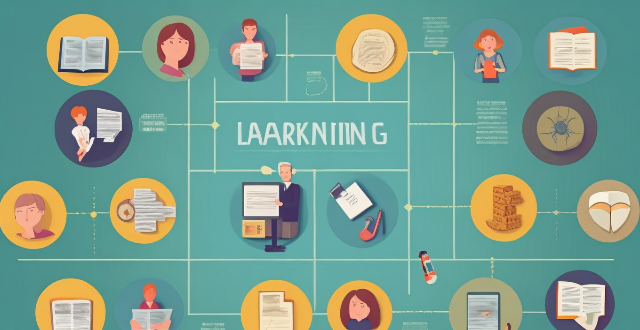
What are the benefits of lifelong learning ?
Lifelong learning, a process of continuous and voluntary learning throughout one's lifespan, offers numerous benefits that positively impact an individual's personal and professional life. These include improved cognitive abilities, increased self-esteem and confidence, personal fulfillment and satisfaction, enhanced career opportunities, higher earning potential, greater professional network, economic growth, social inclusion and cohesion, and environmental sustainability. By embracing the concept of lifelong learning, individuals can lead richer, more fulfilling lives while contributing positively to society as a whole.